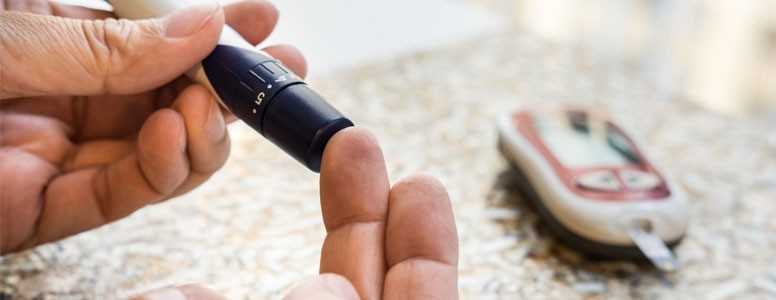A former Coronation Street actor died from an accidental insulin overdose, an inquest has ruled.
Iain Rogerson played Harry Flagg in the ITV soap for two years and was an actor who worked in the Rovers Return and the Underworld knicker factory.
The actor, who also appeared in Heartbeat, Emmerdale, Doctors and The Bill, passed away in October after collapsing at his home in north Wales. He was found by his sister with a needle still in his leg.
Coroner for North Wales East and Central John Gittins ruled Mr Rogerson had been trying to treat a diabetic episode when he collapsed.
The inquest was held to determine whether the star had taken his own life or whether he died of natural causes. During the formal hearing, letters and notes he had written before passing away were read out. Attendees also heard how the divorced actor had been experiencing financial troubles and had developed type 3c diabetes meant he required insulin injections.
Type 3c diabetes, also known as pancreatogenic diabetes, is not as well-known as type 1 diabetes and type 2 diabetes. It develops when the pancreas becomes inflamed, or part of it is removed, and is unable to produce either any or enough insulin. Most cases of type 3c diabetes are a result of pancreatitis.
Mr Gittins said: “He was a man who had clearly been struggling with mental and physical health issues. He had a serious diabetic condition due to his past excessive consumption of alcohol.
“I don’t even think this was an accident due to an overdose. I believe that this was a hypoglycemic episode that he was seeking to treat and collapsed while doing it.”
Hypoglycemia occurs when the blood sugar levels of a person with diabetes who takes glucose-lowering medication fall below 4 mmol/L (72mg/dL). Although dying from an episode can occur, it is rare. Identifying hypo symptoms early and treating a hypo with glucose as early as possible is important to prevent the hypo turning into a severe hypo, which is regarded as a medical emergency.
Image: Daily Post
What's new on the forum? ⭐️
Get our free newsletters
Stay up to date with the latest news, research and breakthroughs.



